SHILLONG, DEC 11: On the occasion of 50th anniversary of Bangladesh Liberation, a joint cultural programme by the Border Security Forces (BSF) and Border Guard Bangladesh (BGB) will be organized at ICP Dawki on December 13.
Informing this on Saturday, BSF Inspector General IS Rana said, “Taking ahead the relations between both the Border Guarding Forces, a joint cultural programme by troupes of both the countries will be organized at Dawki (along the Indo-Bangla border in West Jaintia Hills,”
He said Mukti Yodhas/historians and eminent speakers from both the countries will participate in the programme.
“Bangladeshi historians are also invited as eminent speakers,” he said.
Rana recalled that India’s relation with Bangladesh dates back to ‘Bangladesh Liberation War of 1971’, during which India provided extensive aid, training and shelter for the exiled government of Bangladesh and Bengali nationalist Mukti Bahini guerrilla force that was fighting the Pakistani Army and about 8 to 10 million refugees poured into India during 1971.
He said at the outbreak of the Indo-Pakistani War of 1971, the Joint Force including regular army of Bangladesh, Mukti Bahini and the Indian Military liberated the then East Pakistan, leading to the establishment of Bangladesh.
Stating that India’s role in the independence of Bangladesh led to the development of strong bilateral relations between both the countries, Rana said the relations were further cemented with the signing of the ‘India–Bangladesh Treaty of Friendship, Cooperation and Peace’ a 25-year treaty that was signed on 19 March 1972 forging close bilateral relations between India and the newly established state of Bangladesh.
The treaty was also known as the Indira–Mujib Treaty, named after the signatories of the treaty.
He further said the Border Security Force, though still in its infancy stage in 1971, got involved in the Bangladesh Liberation War as soon as the genocide by Pakistanis started in what was then East Pakistan.
The BSF not only lived up to its mandated wartime role of being the “first line of defence” but also proved its mettle in offensive operations. Before the outbreak of war, on December 3, 1971, BSF trained and coordinated operations of the Bengali guerrillas of the Mukti Bahini.
Aggressive shelling of West Bengal’s Hili border areas by the BSF’s 77 Battalion in April 1971 forced the Pakistanis to show flag and request for truce.
Later in November 1971, the unit launched an attack and captured the enemy BOP at Khanpur.
Slogans of “Long live India-Bangladesh friendship” resonated in the air when troops of the battalion entered Rajshahi in East Pakistan, forcing Pakistanis to retreat.
83 Battalion BSF fought off two fierce attacks by the Pakistanis at Killapara in West Garo Hills in May 1971. Their valour denied the enemy control over strategic Dalu-Tura road.
Rana further mentioned that similar acts of bravery were displayed by troops of 84, 85, 86, 87, 92, 93 and 104 battalions in Meghalaya, Silchar (south Assam) and Tripura sectors against the regular Pakistani army.
“The BSF thus played a very important role in the 1971 Liberation War of Bangladesh right from the beginning and fought shoulder to shoulder with the Indian Army,” he said.
Twenty-three BSF units were deployed under the Army’s operational control and they displayed their metal in both defensive and offensive actions against enemy positions independently, as well as in conjunction with the Army.
The important role played by BSF in many other fields like collection and dissemination of accurate information, assistance to the Army in familiarization of area, etc, were of vital importance for operations, he added.
By Our Reporter



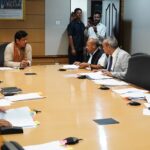
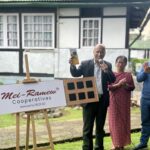

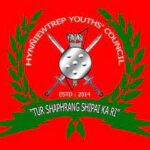


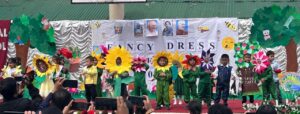
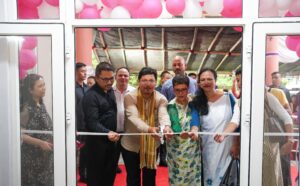
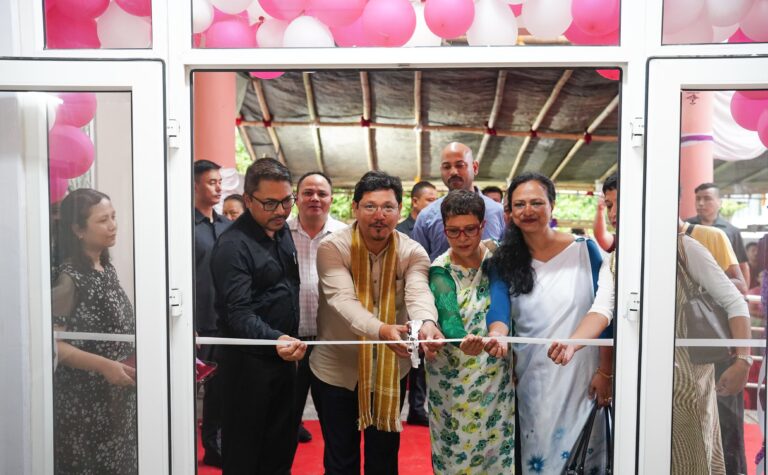

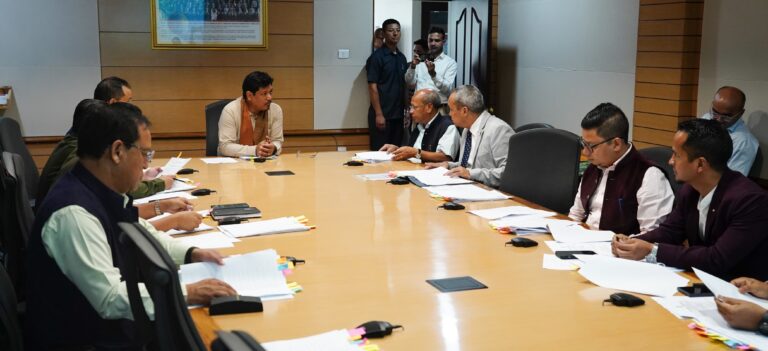
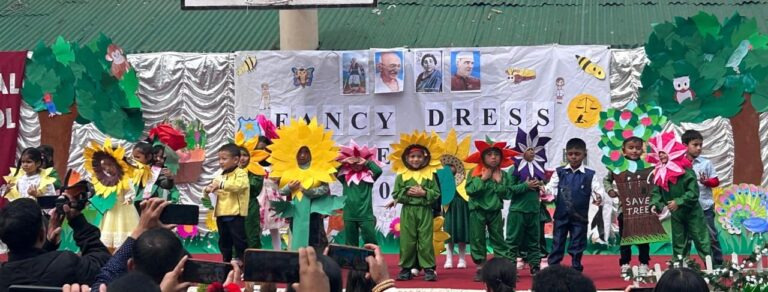
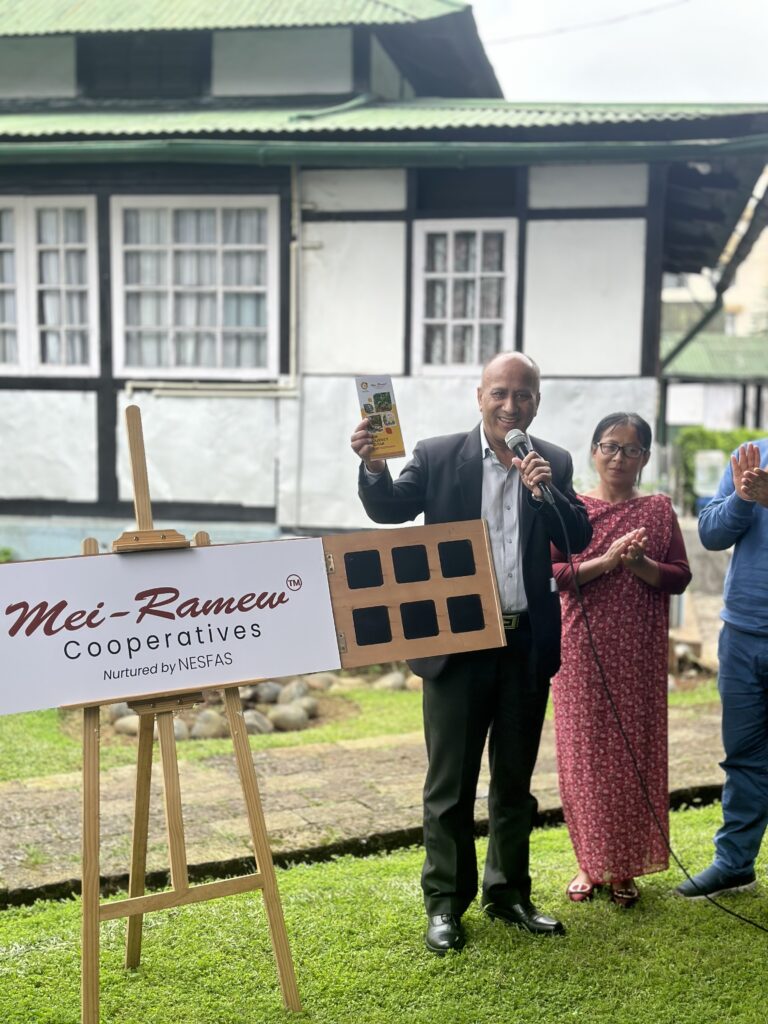
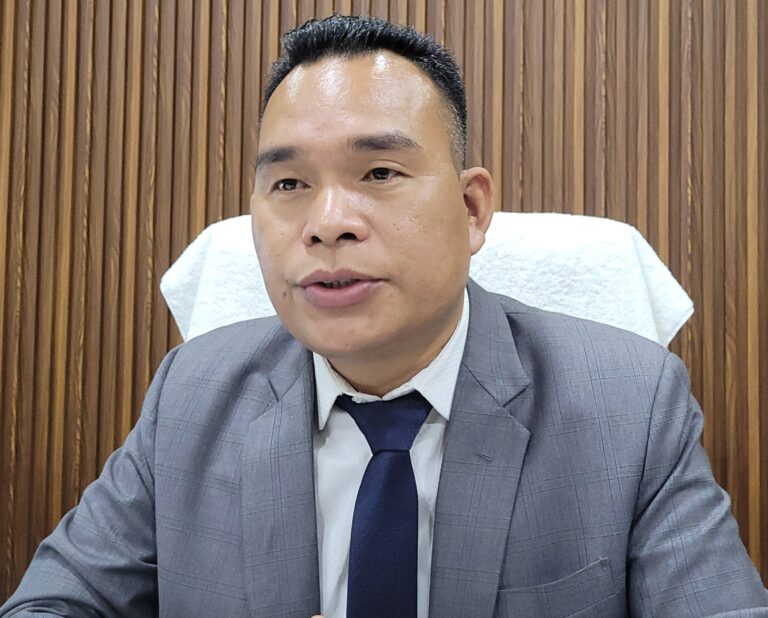
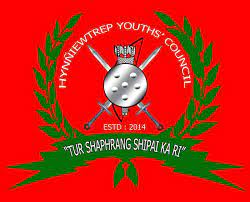

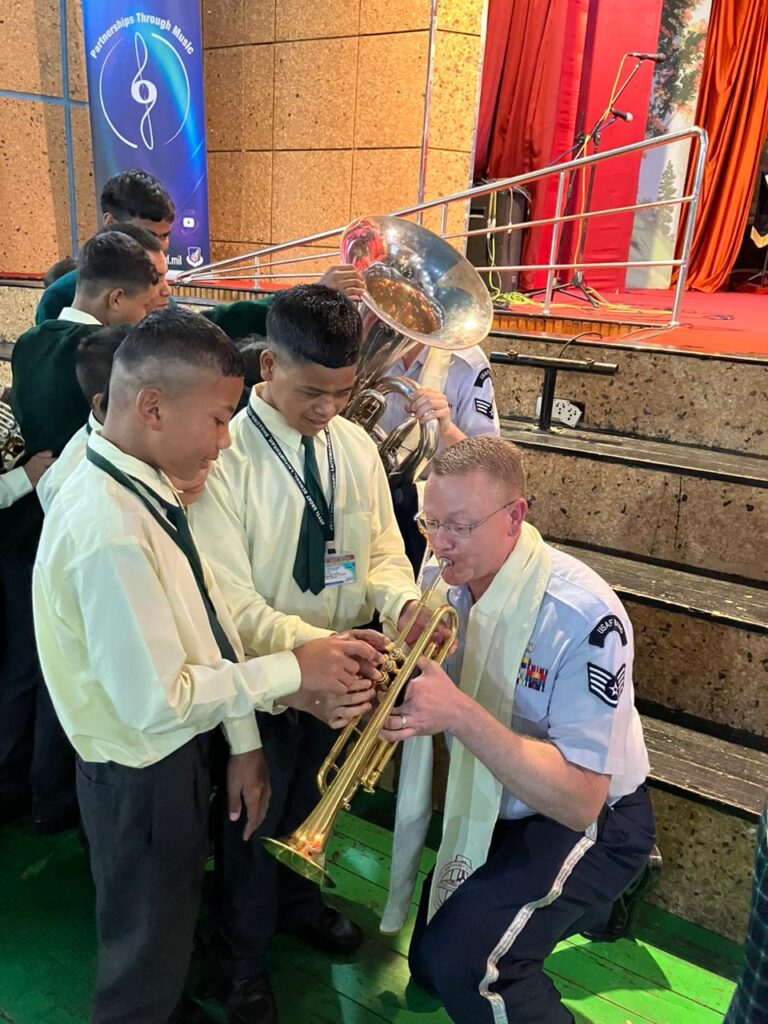
+ There are no comments
Add yours